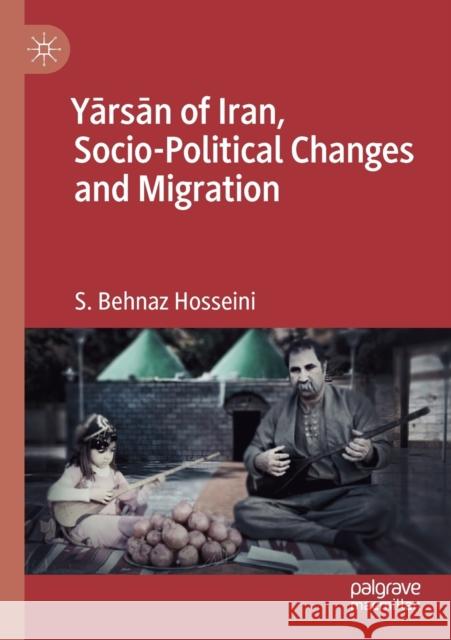Yārsān of Iran, Socio-Political Changes and Migration » książka
topmenu
Yārsān of Iran, Socio-Political Changes and Migration
ISBN-13: 9789811526374 / Angielski / Miękka / 2021 / 229 str.
Yārsān of Iran, Socio-Political Changes and Migration
ISBN-13: 9789811526374 / Angielski / Miękka / 2021 / 229 str.
cena 402,53
(netto: 383,36 VAT: 5%)
Najniższa cena z 30 dni: 385,52
(netto: 383,36 VAT: 5%)
Najniższa cena z 30 dni: 385,52
Termin realizacji zamówienia:
ok. 22 dni roboczych
Dostawa w 2026 r.
ok. 22 dni roboczych
Dostawa w 2026 r.
Darmowa dostawa!
Kategorie:
Kategorie BISAC:
Wydawca:
Palgrave MacMillan
Język:
Angielski
ISBN-13:
9789811526374
Rok wydania:
2021
Wydanie:
2020
Ilość stron:
229
Waga:
0.32 kg
Wymiary:
21.01 x 14.81 x 1.4
Oprawa:
Miękka
Wolumenów:
01
Dodatkowe informacje:
Wydanie ilustrowane











